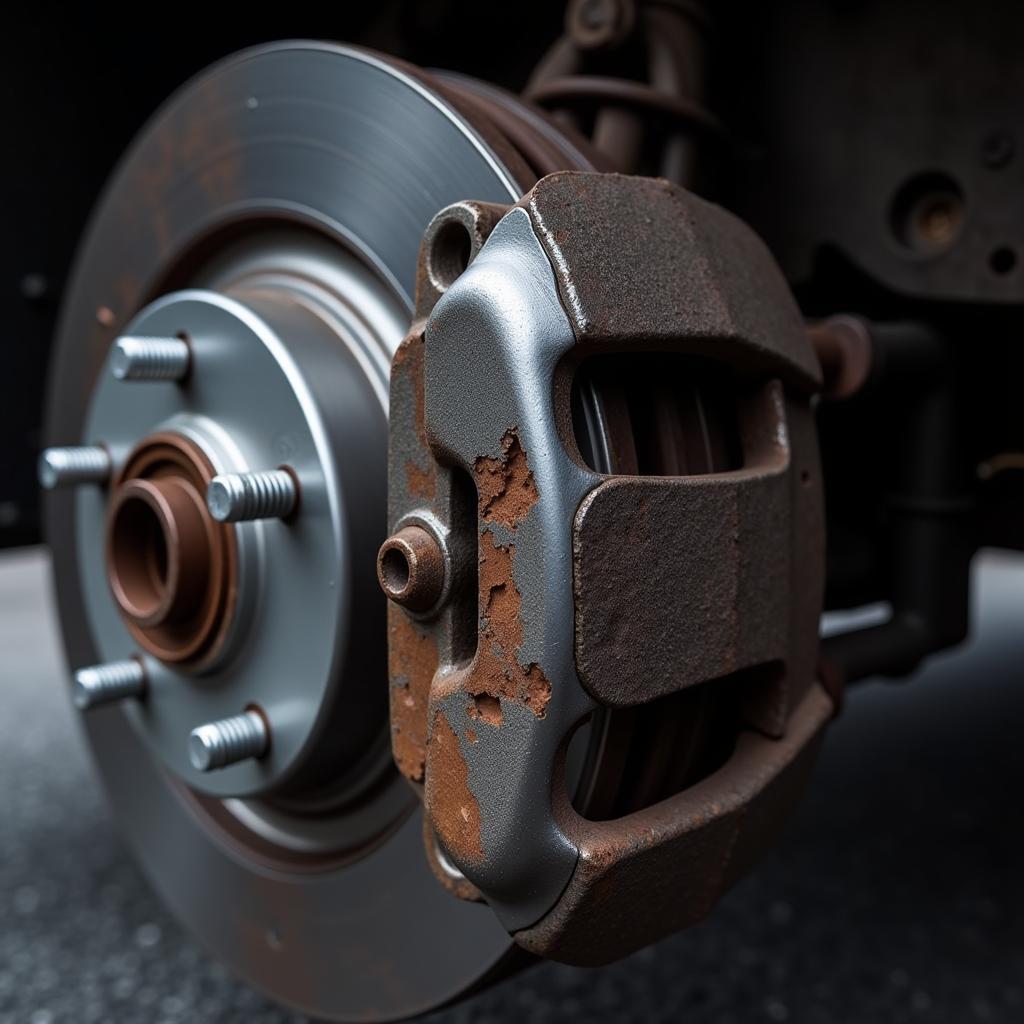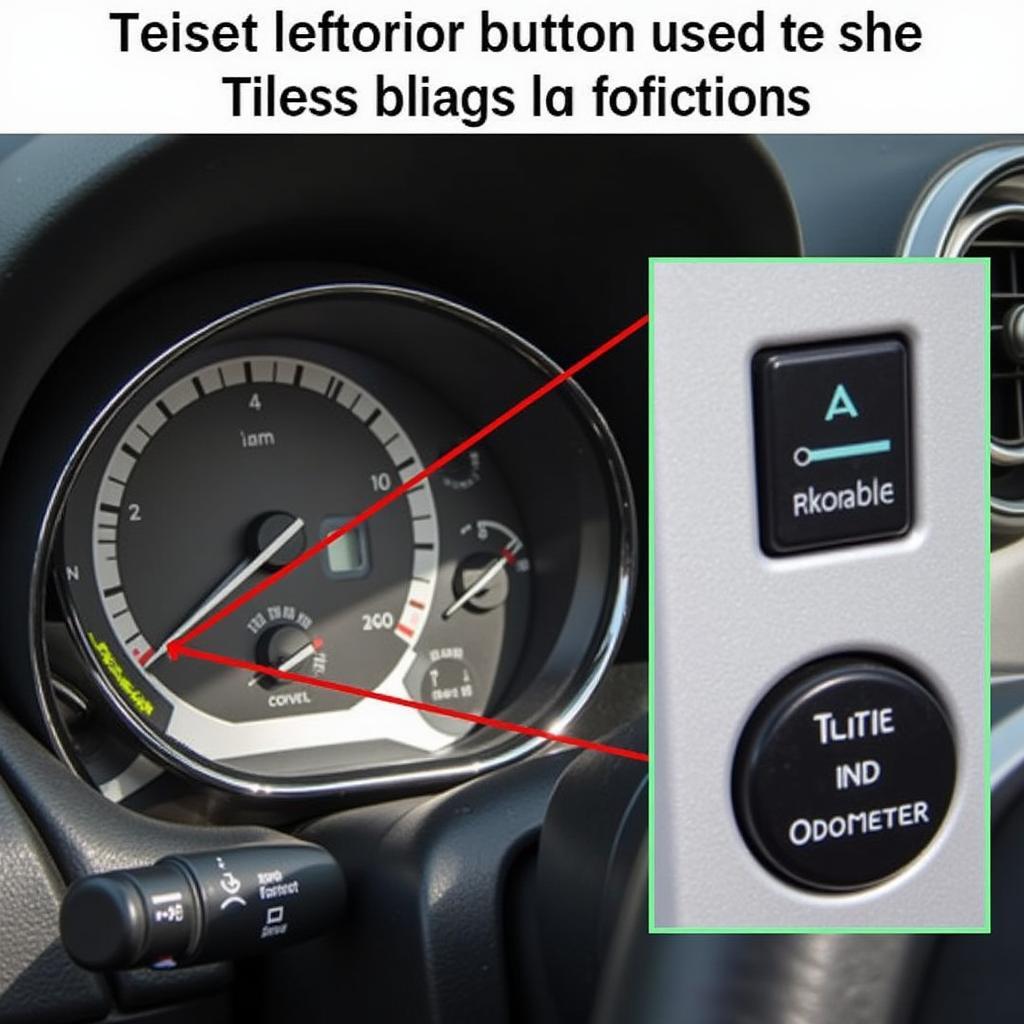How to Not Get Screwed on Auto Car Service
Getting your car serviced can feel like navigating a minefield. You need your car to run, but you’re worried about overpaying, unnecessary repairs, or even worse, shoddy workmanship. This guide will equip you with the knowledge and strategies to avoid getting ripped off and ensure you receive fair and competent auto car service.
Understanding the Auto Repair Landscape
The auto repair industry can be confusing, especially for those not mechanically inclined. Knowing how shops operate and what to look for can empower you to make informed decisions. From independent garages to dealerships, each has its pros and cons. Dealerships often specialize in a specific make and have access to proprietary diagnostic tools, but they can be more expensive. Independent shops can offer more competitive pricing and may have more flexibility in repairs.
Research Before You Rush
Before your car even hiccups, do your homework. Research reputable shops in your area. Check online reviews on sites like Yelp, Google, and the Better Business Bureau. Look for consistent positive feedback and pay attention to any red flags. Ask friends, family, and colleagues for recommendations. A personal referral can be invaluable.
Ask the Right Questions, Get the Right Answers
When you contact a shop, be prepared with a list of questions. Describe the issue clearly and concisely. Ask for an estimate and inquire about the diagnostic process. Don’t be afraid to ask about their certifications, warranties, and experience with your specific car make and model. A transparent and forthcoming shop is a good sign.
 Asking Mechanic Questions About Car Repair
Asking Mechanic Questions About Car Repair
Get a Second Opinion – It’s Your Right
Don’t feel pressured to commit to repairs immediately, especially for major issues. Getting a second opinion from another reputable shop can provide valuable insight and potentially save you money. Compare the diagnoses and estimates. If they differ significantly, ask both shops to explain the discrepancies.
Decoding the Estimate: What to Look For
A detailed estimate should outline all proposed repairs, including parts and labor costs. Ask for the original equipment manufacturer (OEM) parts or high-quality aftermarket alternatives. Be wary of vague descriptions or inflated prices. Ensure the estimate includes the diagnostic fee and any other associated charges.
Know Your Rights: Warranty and Guarantees
Understand your warranty coverage and any guarantees offered by the shop. Most repairs should come with a warranty covering parts and labor for a specific period. Get this in writing. This protects you in case the issue reoccurs or the repair wasn’t performed correctly.
Document Everything: Your Paper Trail to Protection
Keep all paperwork related to the repair, including the estimate, invoice, and warranty information. This documentation can be crucial if disputes arise later. Take photos or videos of the issue before and after the repair. This visual record can be valuable evidence.
Red Flags: Signs You’re Getting Ripped Off
Be vigilant for red flags that could indicate unscrupulous practices. These include pressure tactics, vague explanations, unnecessary repairs, and constantly changing estimates. If something doesn’t feel right, trust your gut.
Preventative Maintenance: The Best Defense
Regular maintenance is the best way to avoid costly repairs down the road. Follow the manufacturer’s recommended maintenance schedule. This includes regular oil changes, tire rotations, and fluid checks. Preventative maintenance not only keeps your car running smoothly but also helps identify potential problems early on.
Conclusion: Empower Yourself, Protect Your Wallet
Getting your car serviced shouldn’t be a stressful experience. By being informed, asking the right questions, and doing your research, you can avoid getting screwed on auto car service. Remember, knowledge is power. Empower yourself and protect your wallet.
FAQs
- How do I find a reliable mechanic? Ask for recommendations, check online reviews, and look for certifications.
- What should I do if I’m not satisfied with the repair? Contact the shop manager or owner and explain the issue.
- Is it always necessary to use OEM parts? OEM parts are generally recommended, but high-quality aftermarket parts can be a cost-effective alternative.
- How often should I get my car serviced? Follow the manufacturer’s recommended maintenance schedule.
- What are some common car repair scams? Beware of unnecessary repairs, inflated prices, and pressure tactics.
We understand finding a trustworthy car service can be challenging. For further assistance, please contact us via WhatsApp: +1(641)206-8880, Email: [email protected] or visit our office at 456 Oak Avenue, Miami, FL 33101, USA. We have a 24/7 customer support team ready to help.

